 Reasons why you need Bookkeeping Service for your Small Business
Reasons why you need Bookkeeping Service for your Small Business
Small business owners have a lot on their plates. So, it can be easy to feel overwhelmed when you realize bookkeeping is another task on your list. However, there are a few reasons why every business owner should know a little bit about bookkeeping. Here we enumerate the reasons why you need a Bookkeeping Service for your Small Business.
You’ll have a better understanding of how your business is doing. If you’re not tracking your income and expenses, then you’ll have no idea if your company is profitable. But, if you’re keeping track of your day-to-day transactions, you’ll be able to get an idea of where your money is coming from and going to.
You’ll be able to handle taxes more easily. Once tax season comes around, you won’t have to stress about finding all of the receipts that prove how much money you made or spent throughout the year. Plus, having good records will help ensure that you don’t miss any deductions that could save you money at tax time.
Bookkeeping will help make budgeting easier. Having good records will help you understand where all of your money goes so that you can create a realistic budget that works for your company.
Bookkeeping is crucial for small business success
Bookkeeping service providers make it easy to track the money your company makes and spends. For example, if you have an online flower shop, you can use bookkeepers to track the sales of your flowers. You can also use them to track the cost of your supplies, like vases and bouquet holders. Bookkeeping services will also help you track expenses like rent and employee wages. If you want to know at a glance how much money you’re spending on each area of your business, bookkeepers are a great way to do that.
By keeping those records organized, bookkeepers make it easy for you to analyze the data they contain. If you notice that the amount you spend on rent is steadily rising from month to month, you’ll be able to take action immediately before it becomes a problem for your business. If you notice that the number of roses sold is decreasing steadily from year to year, it might be time for a change-up in strategy. The best thing about bookkeepers is that they give you more time and energy to grow your small business even more!
Ways Bookkeeping Services help Small Businesses
Now that you are aware of why bookkeeping is important for your small business, let’s take a look at the ways bookkeeping services can help you:
- Making financial decisions
- Organizes your records
- Provides accurate financial records
- Tax filing
- Budgeting
- Getting Investors/loans
- Saves you time

Bookkeeping Service for Small Business: Reason #1
Making Financial Decisions
Bookkeeping service for small businesses allows owners to get a clear picture of their finances.
You don’t have to be an expert in accounting or finance to maintain a basic understanding of your company’s financial records and draw insights from them. And as long as you have access to all the information you need, making decisions about your company’s future becomes less intimidating. You’ll be able to look at your financial data and determine if the decision you’re considering makes sense for your business.
Here are some small business financial decisions that bookkeeping service providers can help with:
- Loan Applications
- Employee Hiring
- Grant Applications
The list goes on and on but the bottom line is that bookkeeping service providers can help you make informed decisions regarding your business. For example, you may be wondering whether your company is financially in a position to hire employees. A bookkeeping service provider can help you determine that by looking at the specific numbers and making sure they’re accurate.
Bookkeeping Service for Small Business: Reason #2
Organize your Records
Regardless of what’s going on in your company, the organization of your financial records is key. When the time comes to budget, apply for loans or grants, or see if you’re turning a profit, bookkeeping allows you to find the information you need quickly.
With bookkeeping, you have an organized system that enables you to record financial transactions as they happen. This means there are no outstanding expenses and you can track how much money is coming in and going out at any given time, which can help you be more proactive about where your money is going.
Bookkeeping Service for Small Business: Reason #3
Provides accurate financial records
The decisions you make in business are only as good as the information you have available. By having organized information, you can create accurate financial records. Those records allow you to perform a variety of tasks.
You can manage your investments and loans. You can analyze the profitability of your products or services and make adjustments for the better. You can manage your inventory and pay your bills on time. You can also review costs and expenses to stay within budget and use the data to plan for future growth.
Organized information is vital to the success of any business, whether you’re a one-person consulting firm or a large manufacturing plant.

Bookkeeping Service for Small Business: Reason #4
Tax Filing
Taxes are a pain in the butt. And they’re even more of a pain if you own a business. But we’re here to help. And by help, we mean to give you one less thing to worry about as an entrepreneur.
If you’ve been manually filing your taxes (or if you’ve just been putting it off), we have some good news for you: setting up bookkeeping is the first step toward not only tax filing, but also getting paid faster and getting paid more.
We know what you’re thinking: “Uh, yeah, but bookkeeping sounds like a nightmare.” We get it! That’s why bookkeeping service providers make it easy for you to track expenses and income, send invoices, and pay your employees and contractors.
And if you’re going to work with an accountant on taxes? Great! Bookkeeping records are essential for that process too—which means less time spent sorting through papers and receipts, and more time doing what actually matters to your business.
Bookkeeping Service for Small Business: Reason #5
Budgeting
You know what they say: if you fail to plan, you plan to fail. When it comes to budgeting and financial planning for your small business, you need a clear picture of how your business is performing.
Without that picture, you’re shooting in the dark—and not only that, but you’re likely to run out of money and go under right when you were expecting a flourishing year. Ouch!
The best way to make sure that doesn’t happen is by having good books that you get by having a good bookkeeper. Period.
When your books are organized, accurate, and up-to-date, it’s much easier for you to review what happened in the past and make a plan for the future. You can see exactly how much money was coming in throughout the year, which lets you see what’s going on with your sales trends. You can see how much money was going out—and to whom—so you can tell if your suppliers increased their prices or if there are other cost-saving measures you could be implementing. When it’s time to create a budget for the next year, all of that information is readily available so you can work on accuracy instead of guessing whether or not your numbers make sense (or even add up).
Bookkeeping Service for Small Business: Reason #6
Getting Investors/Loans
Businesses need funding to succeed, and that can come from a variety of places: owner’s equity, grants, business loans, or investors. But when you’re looking for an investor to back your company, they need up-to-date information about your business in order to make a decision about whether or not they want to invest in you.
Bookkeeping records help potential investors see the success of your company. If you don’t have those records readily available, you won’t be able to get a clear picture of what’s going on with your business. Investors want to see your books! They want accurate and accessible information if they’re going to consider putting money into your venture.
If bookkeeping isn’t part of your business plan, it should be. Up-to-date bookkeeping records are essential to the success of any small business! Don’t let yourself miss out on an opportunity because you don’t have the data at your fingertips when it matters most!
Bookkeeping Service for Small Business: Reason #7
Bookkeeping Service saves you time
Bookkeeping is an essential part of business, but that doesn’t mean it has to be painful. If you’re feeling stressed out by the tedium of keeping track of your company’s finances and want to find a way to create more balance in your life, consider hiring a professional bookkeeper.
It’s easy to assume that you should keep your recordkeeping in-house to maintain control over the process, but it takes time and attention away from other aspects of your business. Hiring a professional bookkeeper means that someone else will take care of all those boring details for you. They’ll make sure it’s all done accurately, so you can spend more time focusing on what matters most to you.
You don’t have to do everything yourself! Getting some help with your bookkeeping will bring peace to your life and balance back into your workweek.
Are you ready to grow your business further by focusing on driving its growth instead of the books? Well then send us a message today!
Let our experienced bookkeepers manage your bookkeeping for you!



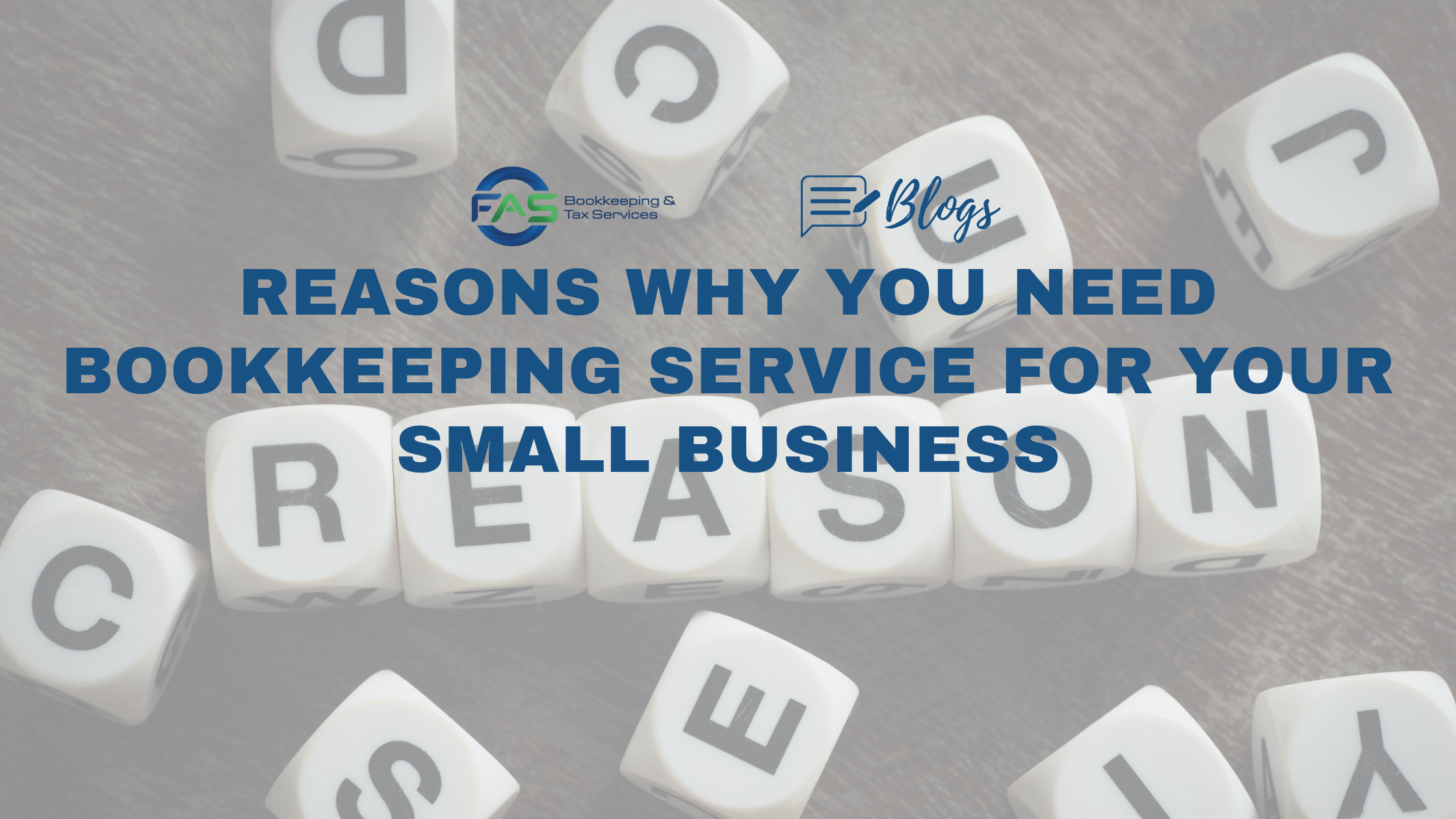
 Reasons why you need Bookkeeping Service for your Small Business
Reasons why you need Bookkeeping Service for your Small Business

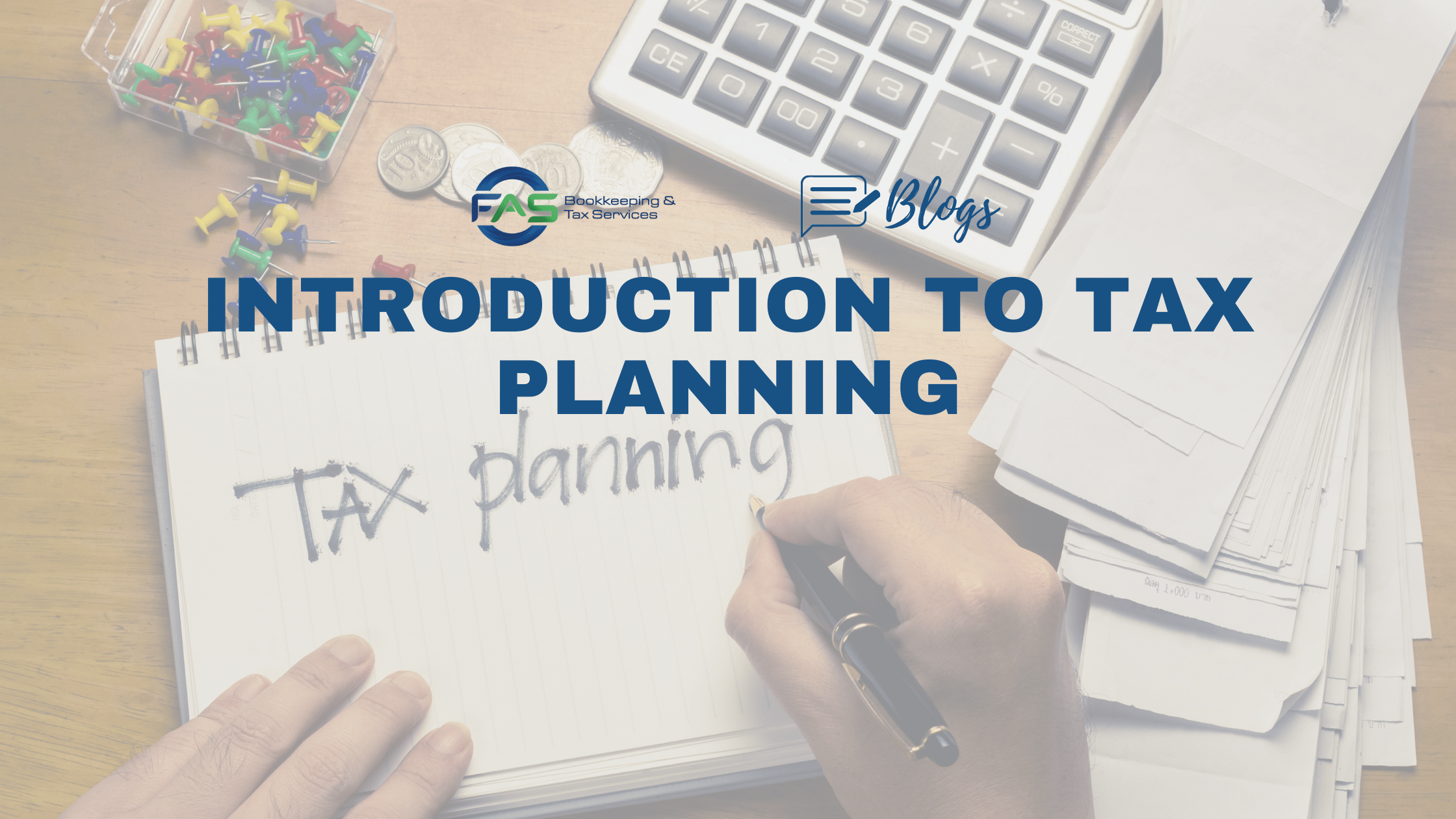
 Introduction to Tax Planning: The Basics
Introduction to Tax Planning: The Basics about minimizing your tax burden. It’s also about maximizing your returns by taking inflation into account, as well as taxes, expenses, and so on.
about minimizing your tax burden. It’s also about maximizing your returns by taking inflation into account, as well as taxes, expenses, and so on.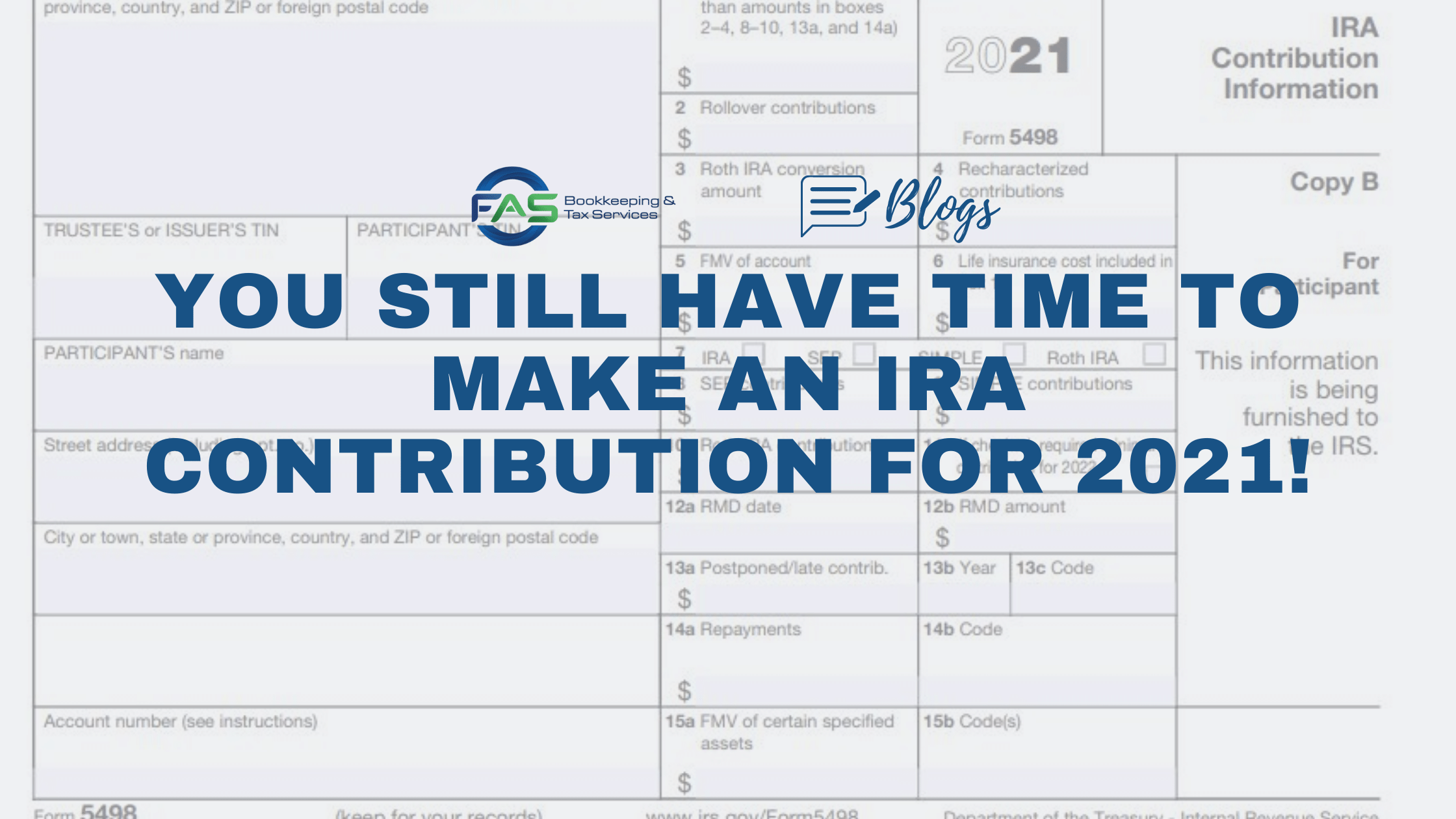


 There’s a saying that goes ‘ a loss is a gain you didn’t realize you had’. Losses on crypto can be used to offset your capital gains. You can write off your crypto losses against your capital gains, so you pay less federal income tax when you file your taxes this year. However, your capital gains tax still depends on how long you’ve held your crypto asset.
There’s a saying that goes ‘ a loss is a gain you didn’t realize you had’. Losses on crypto can be used to offset your capital gains. You can write off your crypto losses against your capital gains, so you pay less federal income tax when you file your taxes this year. However, your capital gains tax still depends on how long you’ve held your crypto asset.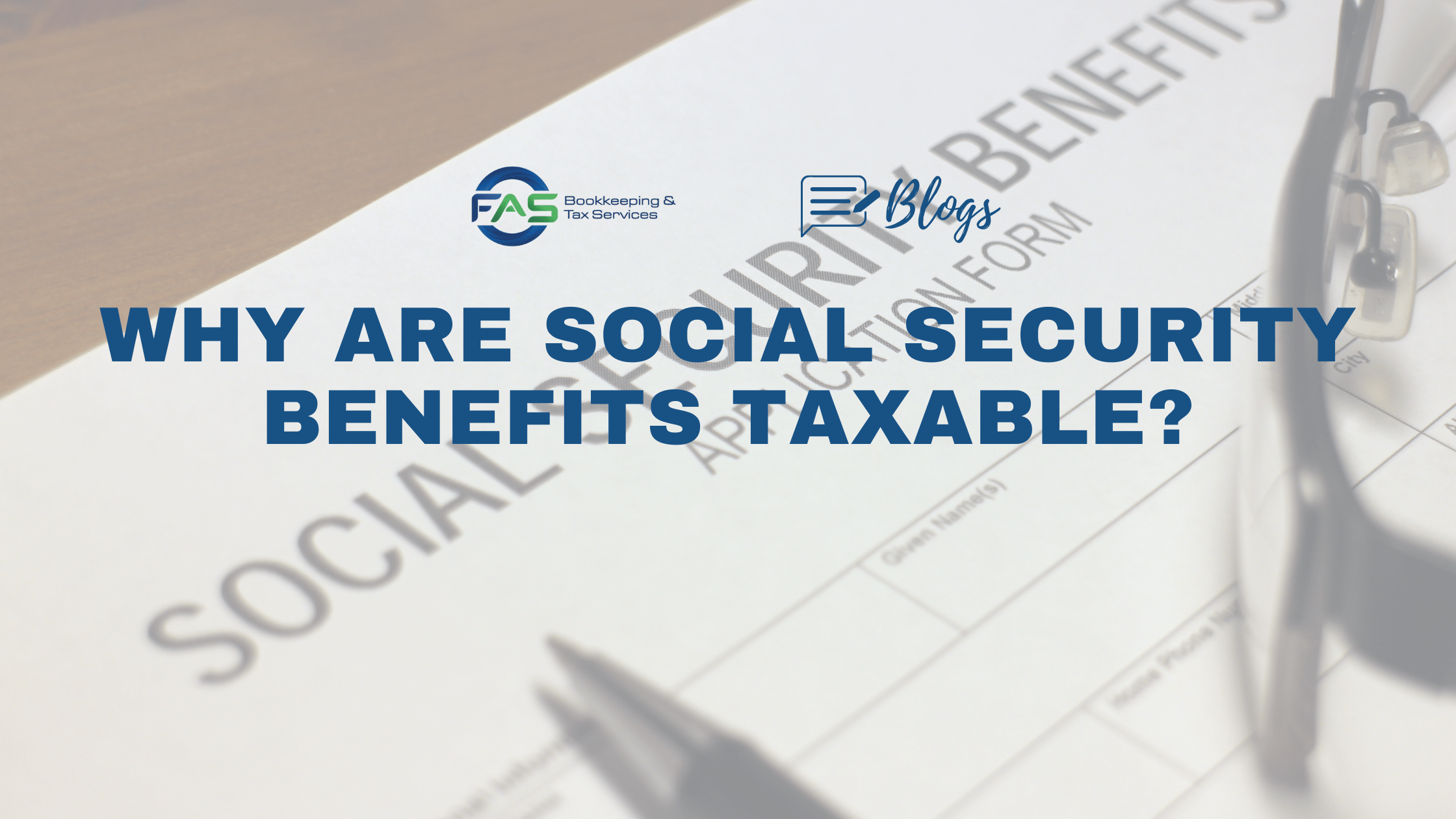

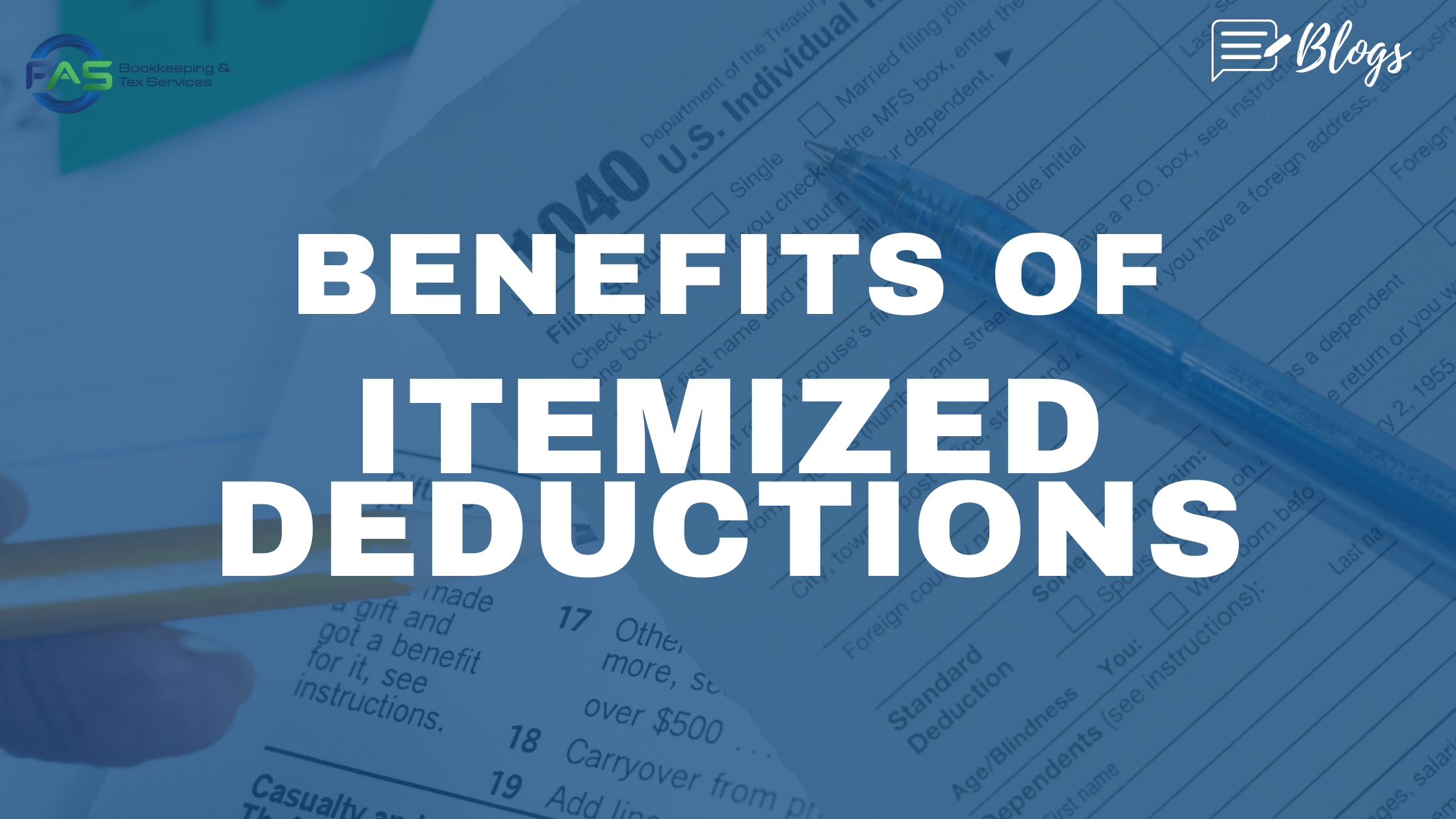

 The IRS’s taxpayer advocate service delivered a report to the tax-writing committees in Congress. The inventory lists unprocessed returns and related correspondence. The agency’s warning that it would provide poor service in the 2022 filing season is nothing new; this has been the case for years.
The IRS’s taxpayer advocate service delivered a report to the tax-writing committees in Congress. The inventory lists unprocessed returns and related correspondence. The agency’s warning that it would provide poor service in the 2022 filing season is nothing new; this has been the case for years.